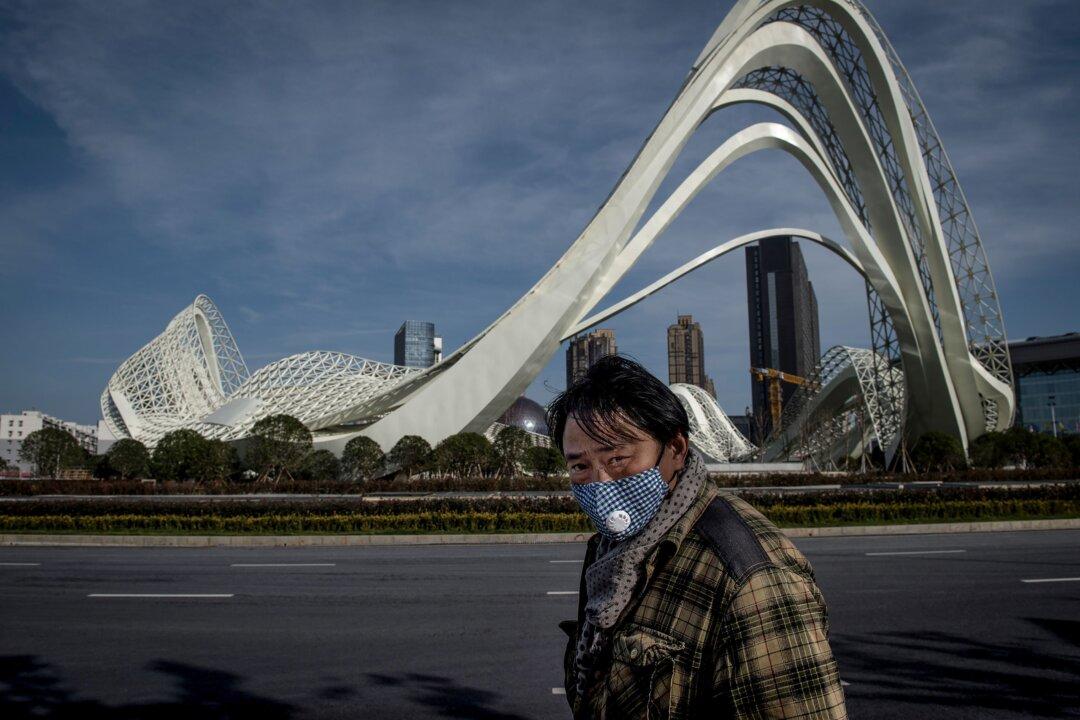In an attempt to stem the spread of the novel coronavirus, officials in Wuhan, the central Chinese city where the outbreak started, banned all transportation and vehicle traffic on Jan. 23, and two days later, the province of Hubei, where Wuhan is the capital, announced a lockdown.
But internal government documents seen by the Chinese-language Epoch Times indicate that roughly 25,000 people per day have found ways to leave Wuhan.





